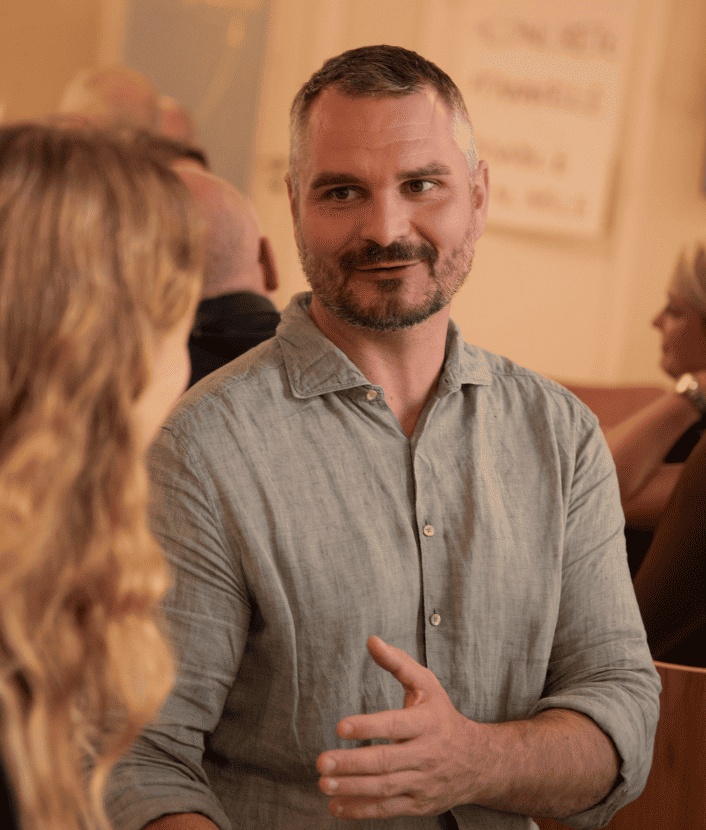
In the face of pressing environmental crises, regulatory pressures and growing public awareness, sustainability has become an imperative for companies worldwide. As organisations strive to embrace sustainable practices, they encounter a serious obstacle—the sustainability skills gap. The sustainability skills gap refers to the shortage of professionals equipped with the knowledge, expertise, and competencies needed to drive sustainable initiatives within businesses. Addressing this gap is not only vital for the success of companies but also crucial for the well-being of our planet.
In November 2022, Microsoft partnered with BCG to interview employees from 15 sustainability frontrunner companies on their sustainability workforce challenges. Unsurprisingly, their research highlighted a great sustainability skills gap in every industry across the world, including those companies at the top percentile of corporate ESG performance[1]. It also highlighted that most companies have been mobilising the “home-grown” talent for their ESG workstreams. As of 2022, 68% of the sustainability leaders hired were from within the companies. Employers assigned those talented insiders with the core functional skill sets to ESG leadership roles to drive their companies´ sustainability transitions, although 60% of them lacked any expertise or formal training in sustainability.
Could the sustainability skills gap be the missing piece in companies’ struggle to translate sustainability ambitions into high-impact action? The answer is a definitive ´yes´. The numbers above paint a clear picture of why companies should shift their focus on upskilling (i.e., teaching employees new skills to optimise their sustainability performance) and reskilling (i.e., training employees to adapt to a new sustainability role) their employees to accomplish their business-critical sustainability goals while avoiding the trap of unintended ´greenwashing´ (i.e., sustainability claims of a company that cannot be substantiated by evidence or net positive impact likely to be realised).
It is, indeed, possible that some ESG skills can be learned on the job, but many of them cannot. What is more, boosting the adequate and accessible sustainability learning opportunities for your employees can take your company from being an ESG ´laggard´ to an ESG ´runner´.
For the new talent who opts for a career in sustainability, there are more university degrees and programmes available than ever before. For those who are already in your workforce, there are several other types of learning opportunities to consider when it comes to sustainability skilling. Micro-credentials such as in-house courses, workshops, and online learning modules are excellent options for mid-career employees to build or update their sustainability skills. Specialisation through job-focused online certificate programmes can also earn your employees the sustainability specialisation tailored to your company´s needs. Some companies are taking a step further in their ambition and starting to provide corporate training for their employees and the employees of their supply chains in various fields such as climate science, Scope 1-2-3 emissions, sustainable finance and ESG reporting.

Regardless of the type of learning solutions preferred, spreading sustainability knowledge, practice and skills across your organisation is of paramount importance to future-proof your business. Once your company is ready to bridge your employees´ sustainability skills gap, there are three things you need to keep in mind:
At Mannaz A/S, our ambition is to move what matters and we are certain that sustainability is worth moving forward to reach thriving businesses, positive societies, and a healthy planet.
With this ambition in mind, we are proud to bring you a team of highly skilled sustainability professionals with exceptional credentials and we are continuously growing our portfolio of up-to-date and evidence-based sustainability learning products, tailored to your company´s needs.
Contact us to learn more about how we can help you equip your people with the skills they need to take your company to new heights in the sustainability arena.
[1] https://blogs.microsoft.com/on-the-issues/2022/11/02/closing-sustainability-skills-gap/
[2] https://www.adviservoice.com.au/2022/10/the-burning-issue-avoiding-esg-fatigue/
[3] https://www.europarl.europa.eu/legislative-train/theme-a-european-green-deal
[4] Schumacher, Kim, Environmental, Social, and Governance (ESG) Factors and Green Productivity: The Impacts of Greenwashing and Competence Greenwashing on Sustainable Finance and ESG Investing (December 15, 2022). APO Productivity Insights Vol. 2-11 (2022), Available at SSRN: https://ssrn.com/abstract=4303609 or http://dx.doi.org/10.2139/ssrn.4303609